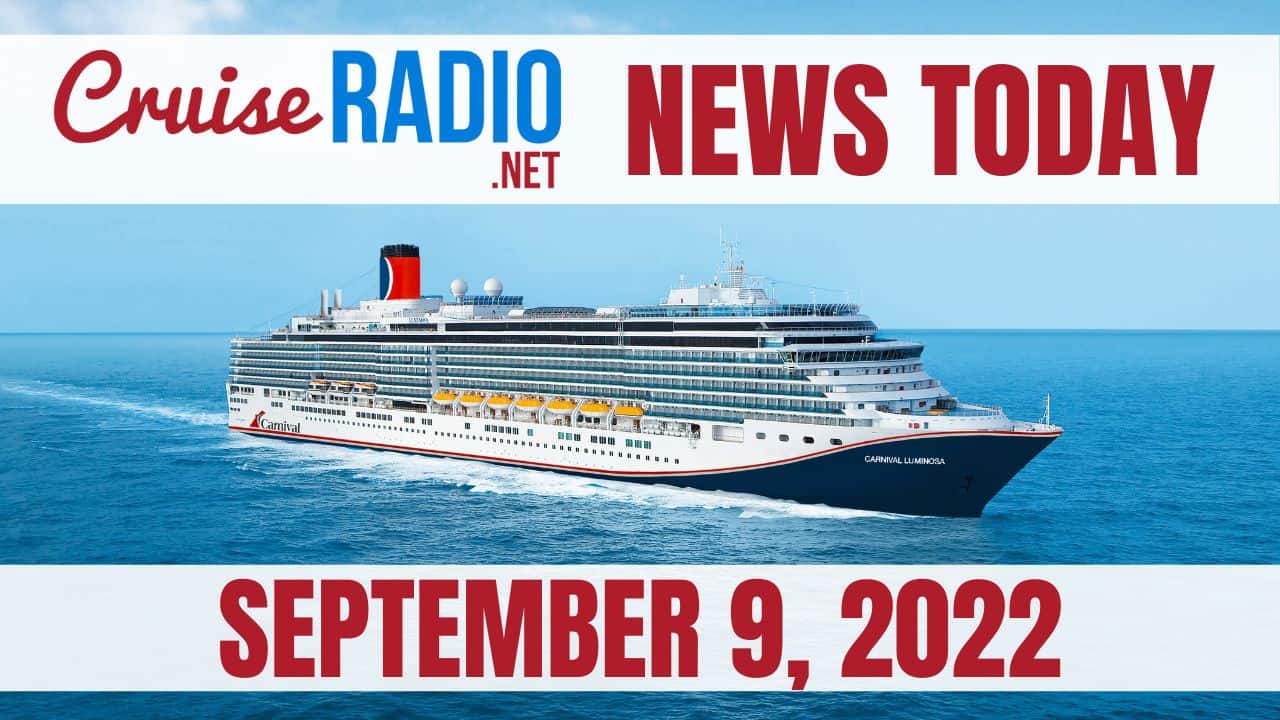
Deck jobs involve working onboard a vessel, mainly a cruise ship. These positions range from handling lines and managing cargo to operating equipment and providing first aid to crew members. These are great ways to gain experience, especially for those who are on a short vacation from university. You will also have a lot of fun and be rewarded. For a deck job, you will need to either be a US citizen (or be traveling in the US waters).
The most well-known marine occupation is the deck job. The crew manages the ship's operations from the deck. The deckhands, deck ratings and officers are some of the roles found aboard cruise ships. Each department oversees a specific aspect, such as navigation, maintenance, or passenger safety.
Qualified and experienced candidates usually get the best jobs in deck construction. There are many requirements for these positions, but they generally offer a great salary and benefits. You will be able to take some time off from work and still get free accommodation and board on most cruise ships. Additionally, many will provide you with a 401K plan to help with your retirement. After a certain period of leave, some shipping companies will accept you back in the fold.

It is important to attend a maritime school or vocational school in order to pursue a career within the maritime industry. Or, they might want to start as a deckhand and progress up. Although it is not difficult to become a deckhand, you will need to be able to navigate the boat before you can apply for an officer position. You may be able find work immediately after graduation, depending on your qualifications.
A deck cadet for example is a graduate of a maritime academy. They are given the opportunity to study the various functions and systems of the ship. In addition, a cadet's duties include assisting the second mate with navigation, safety, and other pertinent tasks. The most enjoyable aspect of a cadet’s job is the opportunity to learn more about the vessel’s navigator system.
An environmental engineer is also a part its operations. This multidisciplinary field includes environmental assessments, waste handling and recycling. Other deck department staffers perform food preparation, general maintenance, and other similar tasks.
Another notable item on the deck is a "Peace Tower," which consists of a ring of lights that provides lighting to the vessel's deck and other high traffic areas. This is crucial for a ship that is frequently cruising the open seas.

The purser is the person responsible for currency exchange. There are many jobs aboard a cruise ship, including cleaning and painting. There is also a catering crew, which is tasked with food preparation and serving. Although most cruise companies offer a starting salary, pay will vary depending on the level of your responsibility.
FAQ
These 4 factors will determine the price of your cruise.
The main factors that affect the cost of a cruise are how long you'd like to stay on board, whether an all-inclusive package is preferred, how many people will be traveling with you, and which type of cabin you book.
How does cruising work
You pay a deposit of $50-$100 when you reserve a cabin on a cruise. Your balance is due 30 days before departure. You will check in to your cabin once you have arrived at the port. You can then take part in any of the onboard activities.
Do I need to book my cruise before booking my flight?
It depends on which part of the world you are traveling to. You should book your cruise in advance to have more flexibility regarding dates. A cruise could be planned around summer months in Europe, for instance. To avoid paying high season prices, book your cruise if you're going to Asia or South America.
Statistics
- If you're traveling alone, you may also need to factor in a single supplement, adding up to as much as 100% of the cruise fare. (travel.usnews.com)
- You can save 15% off the total price if you book in advance of your trip. (travel.usnews.com)
- In addition, 10 to 15 percent gratuity is typically added to bar bills — for alcohol and soft drinks — and gratuities are applied to spa treatments. (cruiseline.com)
- For an example of savings, Royal Caribbean offers up to a 40% discount with a dining package. (travel.usnews.com)
External Links
How To
How to avoid seasickness while on cruise
The best way to avoid seasickness on a cruise is by wearing a hat. A wide-brimmed cap helps to prevent motion sickness by keeping your head from moving too much.
Also, a cap keeps water off the skin and helps to reduce the moisture content of the air. This makes breathing easier for people prone to feeling dizzy when they breathe in moist air.
Another tip is to drink lots of fluids. Avoid alcohol or caffeine. These drinks dehydrate your body, making it more difficult for fluids to move around in your stomach. Drinking enough liquids will help reduce the amount of salt in the bloodstream. Salt causes the body's retention of water, which can lead to nausea.
Try eating salty foods if you feel nauseated. Salty foods stimulate the stomach to produce higher levels of hydrochloric acid. This helps to break down food particles.
There are medication options available to help seasickness. You should be aware that side effects can include dry mouth and constipation as well as headaches.